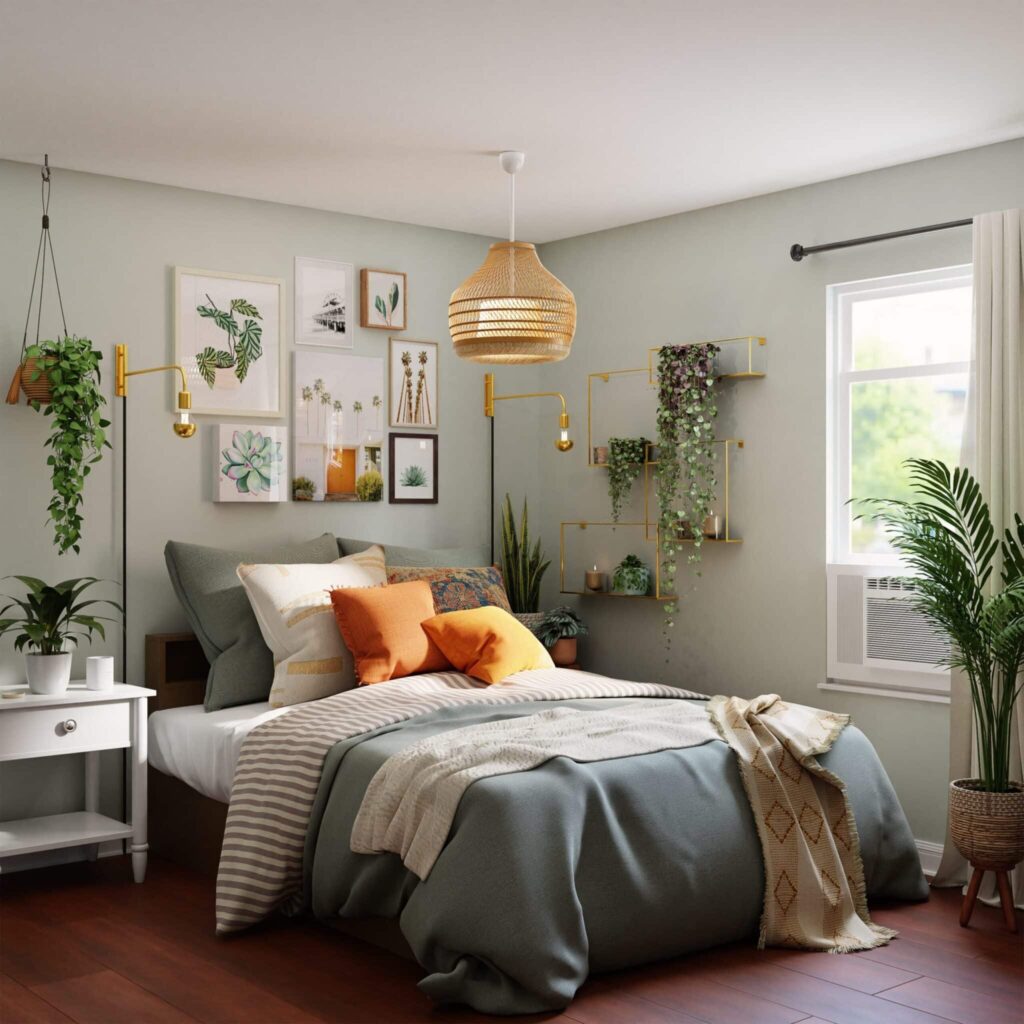Slzzp’s How To Sleep Better Guide:
Unlocking the Secrets to a Restful Night’s Sleep
Sleep is an essential part of our daily lives, impacting our overall well-being and quality of life. Yet, many of us struggle to achieve a restful night’s sleep. In this comprehensive sleep guide, we will delve into the science of sleep and share expert tips and strategies to help you unlock the secrets of how to sleep better. From understanding the sleep cycle to creating a sleep-friendly environment, we will explore various aspects that contribute to a restful slumber.

The Science of Sleep
To comprehend sleep better, it’s crucial to understand the sleep cycle. Sleep consists of several stages, including non-rapid eye movement (NREM) sleep and rapid eye movement (REM) sleep. During NREM sleep, our body repairs and rejuvenates itself, while REM sleep is associated with dreaming and cognitive processes. The ideal sleep duration varies depending on age, with adults typically needing around 7-9 hours of sleep per night.
Creating a Sleep-Friendly Environment
Your sleep environment plays a vital role in the quality of your sleep. Consider the following tips to create an optimal sleep environment:
1. Comfortable Bed and Mattress: Invest in a high-quality mattress that provides adequate support and comfort. Visit a trusted bed shop like Slzzp to find the perfect mattress tailored to your needs.
2. Ideal Bedroom Temperature: Keep your bedroom cool, between 60-67°F (15-19°C), for optimal sleep. Adjust your bedding and use breathable materials to regulate body temperature.
3. Eliminate Noise and Light: Use earplugs or white noise machines to block out disruptive sounds. Install blackout curtains or wear an eye mask to keep the room dark and promote melatonin production.
Establishing Healthy Sleep Habits
Developing healthy sleep habits is essential for consistent and restorative sleep. Consider the following practices:
1. Consistent Sleep Schedule: Maintain a regular sleep-wake routine, even on weekends. This helps regulate your body’s internal clock, enhancing sleep quality.
2. Relaxation Techniques: Incorporate relaxation techniques into your bedtime routine, such as deep breathing exercises, meditation, or gentle stretching, to promote relaxation and prepare your body for sleep.
3. Limit Stimulants and Electronics: Avoid consuming caffeine, nicotine, and alcohol close to bedtime, as they can disrupt sleep. Additionally, limit exposure to electronic devices, as the blue light emitted can interfere with your body’s natural sleep-wake cycle.
Optimising Your Sleep Environment
Consider these additional strategies to optimise your sleep environment:
1. Sleep-Friendly Bedroom Décor: Create a calm and peaceful atmosphere in your bedroom by choosing soothing colours, decluttering the space, and incorporating elements that promote relaxation, such as soft lighting and natural materials.
2. Invest in Quality Pillows and Bedding: Pillows and bedding play a crucial role in sleep comfort. Select pillows that support your preferred sleep position and choose high-quality, breathable bedding materials to enhance your sleep experience. Again, your local Slzzp shop will be able to help you find the right bedding.
3. Maintain Cleanliness and Freshness: Regularly clean and air your bedroom to reduce allergens and promote a fresh environment. Wash your sheets and pillowcases regularly to maintain hygiene.
Achieving restful sleep is within your reach. By understanding the science of sleep, creating a sleep-friendly environment, and implementing healthy sleep habits, you can unlock the secrets to a restorative night’s sleep. Remember, each individual is unique, so it may take time to find the optimal sleep routine that works for you. With patience, persistence, and the tips provided in this comprehensive sleep guide, you can take control of your sleep and wake up refreshed, rejuvenated, and ready to embrace each new day.
Note: The information provided in this sleep guide is for educational purposes only and should not substitute for professional medical advice. If you have specific sleep concerns or medical conditions, consult with a healthcare professional for personalised guidance.




